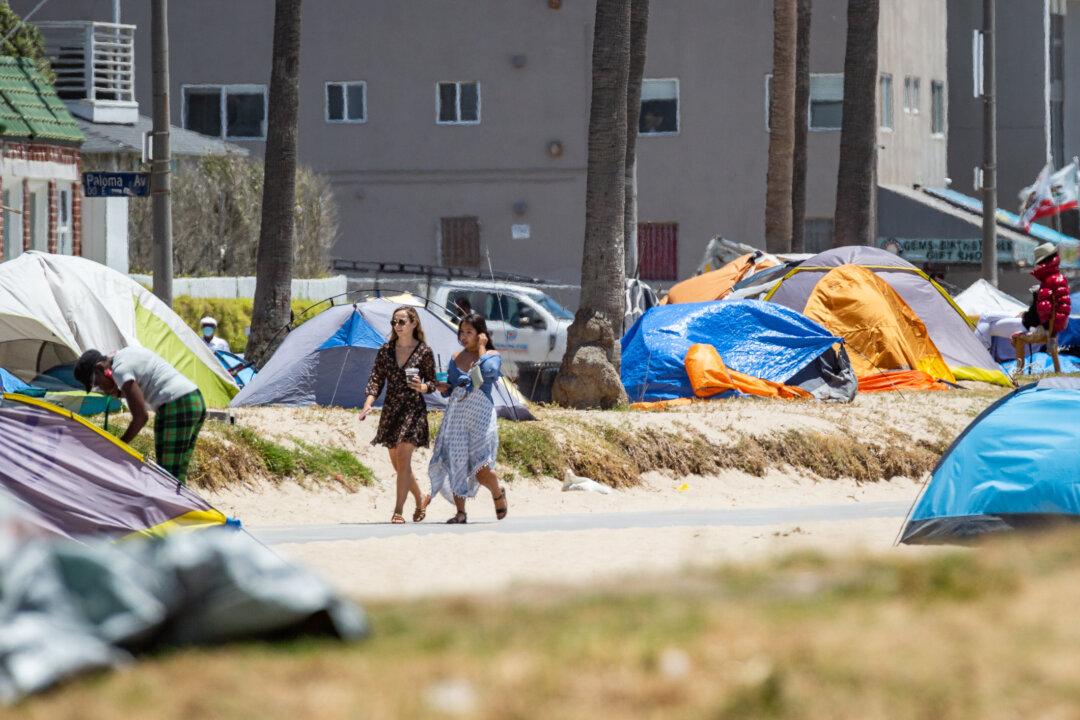Eight mayors and three county supervisors signed a letter sent to California Gov. Gavin Newsom and legislative leaders on Aug. 21 requesting an additional $1.5 billion in funding to support a bill designed to improve mental health access for low-income and homeless people.
“We have reached a crisis point,” the authors wrote in the letter sent to lawmakers and posted on X, formerly known as Twitter, the same day. “Seriously mentally ill and addicted Californians are languishing in our communities in dangerous encampments.”





